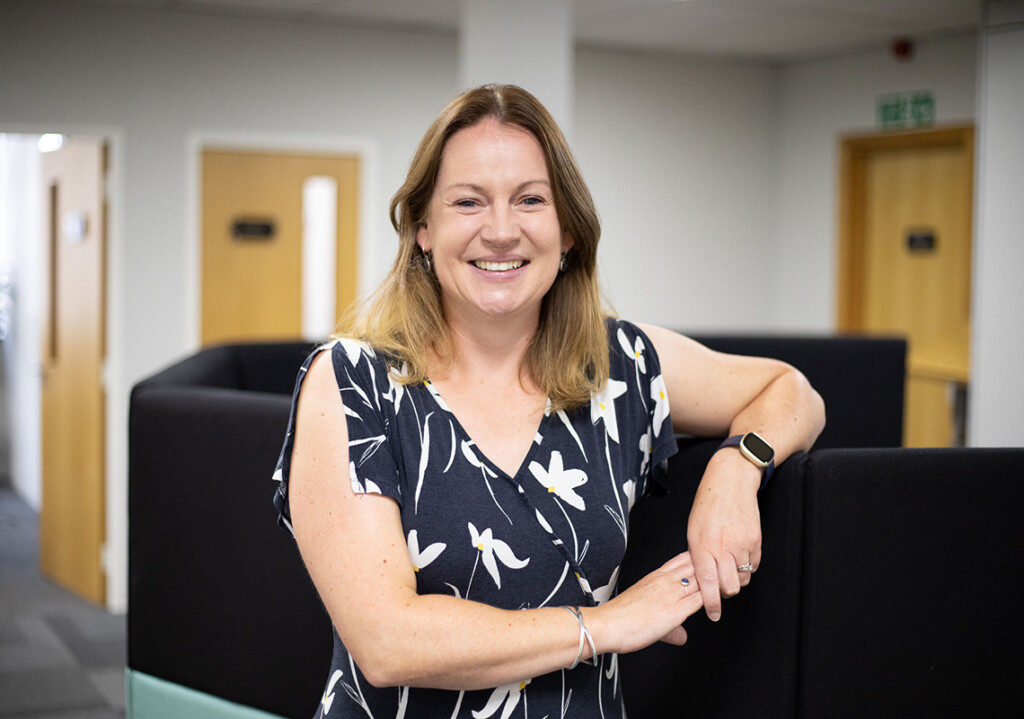The widely publicised Terminally Ill Adults (End of Life) Bill was passed through Parliament on 29 November 2024. Described as a landmark piece of legislation, the Bill seeks to allow adults aged 18 and over, who have mental capacity, are terminally ill, and in the final six months of their lives, to request assistance from a doctor to end their life.
The subject of assisted dying is understandably emotive, sparking passionate views on both sides of the debate. While the ethical implications of the bill remain a topic of discussion, Sharon Crosby, head of the Care and Capacity team at Lodders, explores how we can support vulnerable individuals in planning ahead, ensuring they retain control over their health care decisions within the framework of current UK law.
A landmark bill reflecting societal change
The Assisted Dying Bill marks a significant moment in the ongoing conversation about end-of-life care. MPs were given a free vote on the issue, with 330 to 275 voting in favour of changing the law to back assisted dying, a result that reflects a clear shift in public opinion since parliament last considered the issue in 2015, when MPs voted down the bill by 330 votes to 118.
Assisted dying has been permitted in other parts of the world for quite some time. Most famously, it has been legal in Switzerland since 1942, with the Dignitas group becoming well-known due to it allowing non-Swiss people to use its clinics. More than 500 Britons have died at Dignitas in the past two decades, including 40 last year. Other countries where a form of assisted dying is legal include the Netherlands, Belgium, Spain, Luxembourg, Canada, New Zealand, Australia and some US states.
While the bill has now progressed to the next stage in the UK, it still has a long way to go before becoming law. Both the House of Commons and the House of Lords will debate the finer details, and we can expect that any resulting legislation will include strict safeguards.
Planning within the current legal framework
Regardless of the Bill’s eventual outcome, the discussion around assisted dying highlights the importance of understanding how individuals can exercise control over their health care decisions under the current law. A key tool for this is a Lasting Power of Attorney (LPA).
An LPA for Health and Welfare allows you to appoint trusted individuals as attorneys, who can make medical decisions on your behalf if you lose the mental capacity to do so yourself. You must be 18 or over and, crucially, you must have mental capacity when you set up an LPA. The person you appoint will usually be a family member or a close friend, but you can choose anyone over 18, providing they are willing to undertake the role. In some cases, you may choose to appoint a professional, such as a solicitor.
It is important to understand the limitations and scope of an LPA:
- Attorneys’ powers are limited by law: Your attorneys cannot make decisions that you would not legally be allowed to make yourself. This means that, as the law currently stands, they cannot request assisted dying on your behalf.
- Attorneys act only when you lack capacity: They can step in only if you are deemed unable to make a specific decision at the time it needs to be made.
Nobody wants to think about a future in which they lose mental capacity and become incapable of making decisions for themselves, particularly if this were to happen at a young age. But if you don’t plan ahead while you are still capable, this could mean having a stranger make decisions regarding your future. Lodders can provide you with a personalised quote for a professionally prepared LPA – find out more here.
Making your wishes known
While the Assisted Dying Bill continues its journey through Parliament, it has opened a wider conversation about the importance of making your health care wishes known. Ensuring that your wishes are documented clearly and legally is a crucial step in exercising control over your future care.
Lodders can help you to draft your LPA, ensuring your documents are robust, clear, and legally compliant, and avoiding clauses that may be challenged or struck out. Our team can also explore additional safeguards; this might include creating advance directives (sometimes known as living wills) to refuse certain types of treatment, or drafting letters of wishes to provide your attorneys with further guidance on your preferences.
We will always explain the scope of decisions that attorneys can make under the current law and help you ensure your attorneys are well-prepared to act in your best interests.
If you would like to discuss how an LPA or related documents can help you plan for the future, please get in touch.
Contact usContact us
Need more advice?
For help with a legal problem or more information on any of our services at Lodders, please get in touch with our friendly team. You can contact us via the number or email address below, or fill in the form and we will get back to you as quickly as we can.

Read more
Other news, insights and events







